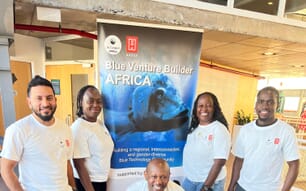The science of disease management is lagging behind where we should be, said Dr Lightner.
Disease management and biosecurity both need strengthening in order to prevent diseases from being spread.
Overall, Dr Lightner identified the top five factors that influence disease and therefore that require stricter control and better management:
- transfer of animals
- government veterinary services
- aquaculture management practices
- zonal management
- collaboration among sectors
Using the example of EMS in Mexico, Dr Lightner noted that the disease may not have shown up in the country if imported shrimp had been inspected a bit better.
Speaking further on preventing the introduction of EMS, Dr Lightner stated that the import of untested live shrimp from affected areas is the one of the most easiest ways to spread the disease and therefore stricter testing of imports is needed.
It is also important for farmers to use clean, disease resistant shrimp stocks, in preventing EMS, however, more research is needed into providing this.
Government Veterinary Services play an important role in managing biosecurity, but some services are lagging behind the industry in terms of knowledge, equipment and levels of staff training. A situation that must be addressed, said Dr Lightner. Research by these services must also move towards emerging diseases.
In terms of on-farm management, farmers need to have excellent biosecurity practices in place and a good contingency plan in case disease outbreaks occur.
Concluding, Dr Lightner stated that no matter how good individual farmers are at protecting their farms, they will always be affected by farms around them. Zonal biosecurity management and communication between farmers is therefore crucial.



